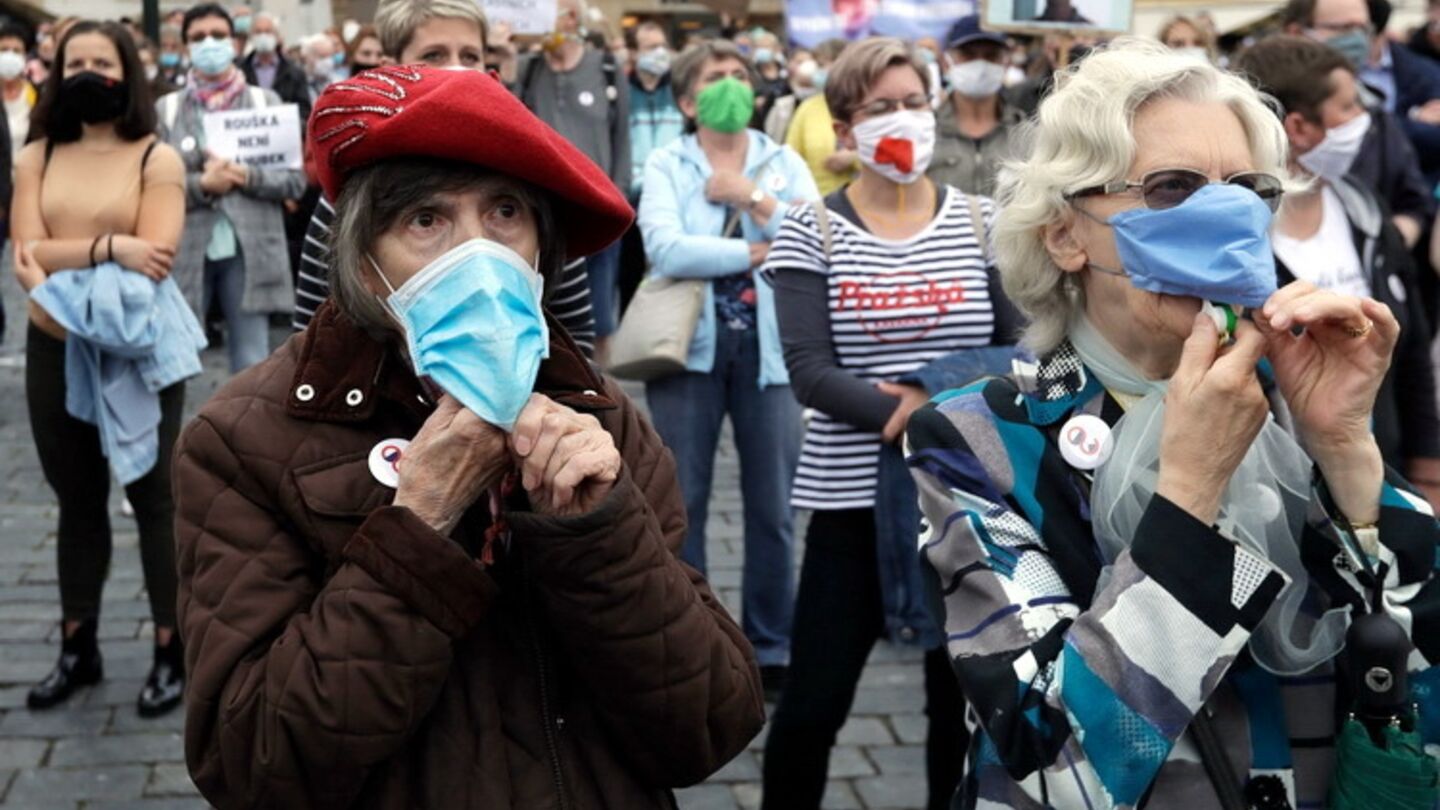Age-based triage and human rights

Triage, which is the sorting of patients into categories of priority of treatment, has been a hot topic during the COVID-19 crisis. This article analyzes 11 guidelines, showing that none of them is truly age-neutral. Veronika Bílková argues that age-based triage violates the principle of non-discrimination and several other human rights.
The article provides the first comprehensive assessment of age-based triage from the perspective of human rights. Triage, that is the sorting of patients into categories of priority of treatment, has been known for decades. It has however got larger prominence during the Covid-19 crisis. The crisis has exposed healthcare systems in many countries to a critical shortage of resources, forcing them to consider resorting to triage. The absence of legal rules has been compensated by non-binding triage guidelines, adopted by professional medical and ethical associations. This article analyses 11 guidelines, showing that none of them is truly age neutral. Some use allocation criteria that entail disparate treatment of older persons, consisting of their de-prioritization or exclusion from access to life-saving treatment on account of their age. Others rely on allocation criteria whose application has disparate effects on older persons. The article argues that whereas the latter approach could be compatible with human rights standards, the former entails violations of the principle of non-discrimination and of several other human rights (the right to life, the prohibition of inhuman and degrading treatment, the right to private life, and the right to health).
Find the open-access article in the link below.








